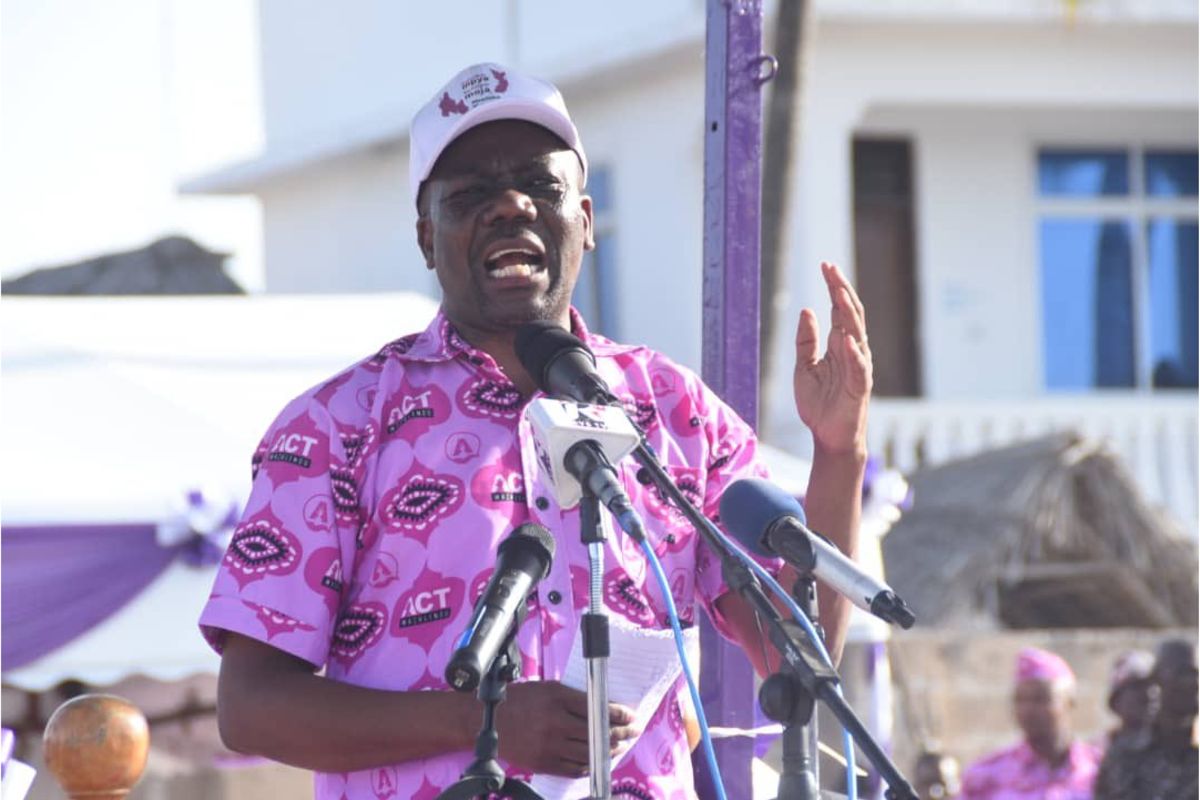The President’s desire to facilitate investment attraction and create a conducive business environment has been bolstered by the implementation of the blueprint for regulatory reforms to improve the business environment (“Blueprint”) which aims to address challenges facing the business community. Further, we have witnessed amendments introduced in the recent fiscal budget aiming to champion investment attraction aspiration that includes VAT exemptions, income tax exemptions on strategic investment projects and remission of excise duty for materials used in the execution of strategic investment projects, to name a few.
In that same spirit, the Government recently announced that it has signed an agreement with United Arab Emirates (UAE) to address double taxation on businesses between the two countries dubbed “Agreement on Avoidance of Double Taxation and Prevention of Fiscal Evasion on Income Taxes” famously known as Double Tax Agreements (DTA’s) or Double Tax Treaties (DTT’s). This DTA is an addition to nine other similar arrangements that Tanzania has signed with states such as Canada, Denmark, Finland, India, Italy, Norway, South Africa, Sweden and Zambia.
DTA’s simply aim to allocate taxing rights between the host country and home country in the context of the income earned by respective person or entity. For example, if, company “A” which is a South Africa based entity intends to invest in Tanzania by commencing manufacturing activities, the DTA between South Africa and Tanzania will allocate taxing rights on the business income earned by company “A” through its manufacturing activities in Tanzania. Therefore, such income will only be taxed in Tanzania upon prevalence of certain conditions meaning the same won’t be double taxed in South Africa.
In essence, the DTA’s simply aim to promote investment opportunities between the two contracting states. Such arrangements facilitate flow of investment between partnering states. The question here is on whether the current DTA’s between Tanzania and other contracting states fully reflect the investment attraction aspiration and whether such DTA’s fully serve their purpose of eliminating double taxation and prevention of fiscal evasion on income taxes.
If not, then what should be done to ensure that the said DTA’s fully reflect the desire to promote investment? There is also the issue of relevancy to the current business environment since most DTA’s were signed as far back as 1968.
It would be good to also examine the recurring dispute between the Tanzania Revenue Authority (TRA) and taxpayers in relation to the said DTA’s. For instance, with regards to the DTA between Tanzania and South Africa, the dispute has been on interpretation of Article 7 which provides for taxation of business profits and specifically the issue has been on whether service fees are part of the envisaged business profits.
In short, Article 7 of DTA provides that the profits of an enterprise of a contracting state shall only be taxable in that state unless the enterprise carries on business in the other state through a permanent establishment situated therein.
Therefore, this means that South African based entity operating in Tanzania without a permanent establishment in the country, will have its business profits taxed only in South Africa (SA).
The divergence between TRA and taxpayers has been whether the service fee earned by such SA based entity operating without a permanent establishment in the country is part of the envisaged business profits under Article 7 of the DTA.
Taxpayers understood that such service fees form part of the business profits hence should only be taxed in the home country of the service provider, meaning no withholding tax (WHT) should be applied on the same. The taxman’s position is that such service fees are not part of the business profits hence WHT should be applied on the same.
The Court of Appeal of Tanzania (“Court”) shed some light on the dispute through its rulings in tax appeal No. 265 of 2021 between Mlimani Holdings Limited and Commissioner General (TRA), tax appeal No. 218 of 2019 between Kilombero Sugar Company Limited and Commissioner General (TRA) and tax appeal No. 430 of 2020 between Mantra Tanzania Limited and Commissioner General (TRA).
In the aforesaid tax appeals, the Court interpreted the Article 7 of the DTA by holding that service fees are not part of the business profits envisaged under the Article and therefore such fees should be taxed in Tanzania by way of WHT mechanism.
It is fair to say that the Court has effectively discharged its task by interpreting the tax statutes as well as tax related agreements in this case the DTA’s. However, one needs to consider the potential implications of such decision to the investment prospects and what might be the best way forward on the same.
Most stakeholders are of the view that such decision will likely have a negative effect on the flow of investment into the country due to potential increase of operational costs to the investors.
On the issue of relevancy, it has been claimed severally that DTA’s might not reflect the current business and investment environment since most of them were signed as far back as 1968 with the most recent one signed in 1995 (Canada) prior to the UAE DTA.
Therefore, as we strive to bolster investment attraction and create a conducive business environment, it is imperative to align the DTA’s to fully reflect such aspirations by reviewing, revisiting and redrafting (if necessary) all articles that directly or indirectly impede the flow of investment opportunities to our country as well as re-negotiating all irrelevant articles to align them with the current business environment.
In conclusion, the Government should consult tax stakeholders and the business community on their views on how best to improve DTA’s in order to promote investment attraction and the states that the Government should prioritize signing DTA’s with.
Share this news
This Year’s Most Read News Stories

For years, a UK mining giant was untouchable in Zambia for pollution until a former miner’s son took them on
For years, the people in the villages around Chingola in Zambia endured frequent health challenges and dead fish floating around in their water source, but that was just the beginning of their nightmare.Continue Reading

Will Tanzania agree to Starlink Internet Service?
Will the Tanzania government let Starlink, the world-famous internet service provider, operate in the country?Continue Reading

Loud calls for investigation of Zanzibar port, ZSSF & airport
The leader of the ACT Wazalendo, Zitto Kabwe has raised three key issue that he said are hindering the economy of ZanzibarContinue Reading











